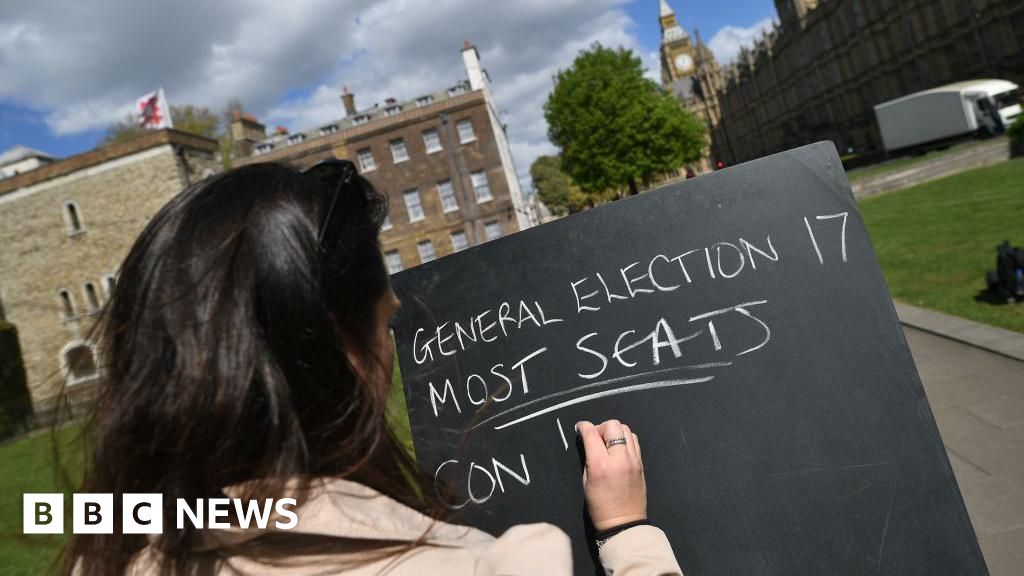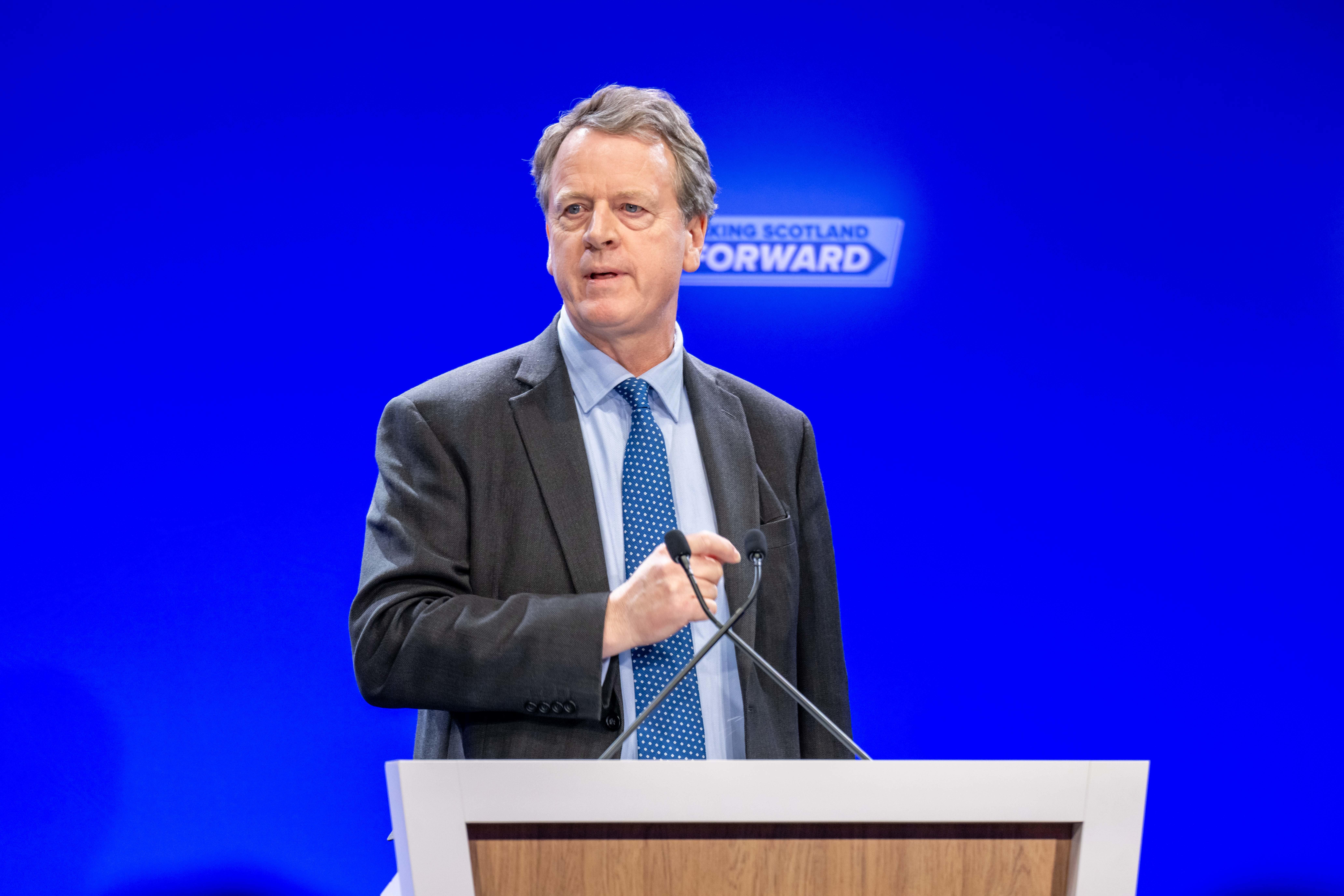
The betting saga in the ongoing election campaign has become a significant topic of discussion, with several politicians and figures being implicated in allegations of betting on the election date. The latest developments have raised questions about human fallibility in politics and the intense scrutiny that public life subjects those in senior roles to.
According to reports, Scotland secretary Alister Jack is the latest politician to admit placing bets on the timing of the general election. He reportedly made three wagers, with one being successful and two unsuccessful. Jack has denied any rules violation but revealed that he made over £2,000 from betting on the date.
The betting scandal comes at a crucial time in the campaign, with undecided voters and those who could change their minds paying close attention to developments. The comparison is being drawn between this scandal and Partygate, which brought down Boris Johnson's government.
Housing minister Michael Gove has compared the betting allegations to Partygate, stating that it creates a damaging atmosphere for the party and sucks the oxygen out of its efforts. Four Tory figures have been implicated in the affair so far: Alister Jack, Rishi Sunak's ministerial aide Craig Williams, and two unnamed individuals under investigation by betting regulators.
The Labour Party has suspended several candidates over their involvement in betting on the election date. The party's leader, Sir Keir Starmer, has taken aim at Rishi Sunak's leadership ability over the scandal and accused him of failing to grasp the nettle and take action quickly enough.
Political bets are allowed in the UK, including on the date of elections. However, using insider knowledge to do so is against the law. The Gambling Commission is investigating those involved in violation of betting rules.
The betting scandal has dominated headlines and created an awkward precedent for political parties. It remains to be seen how this will impact voter trust and confidence in the political process.




